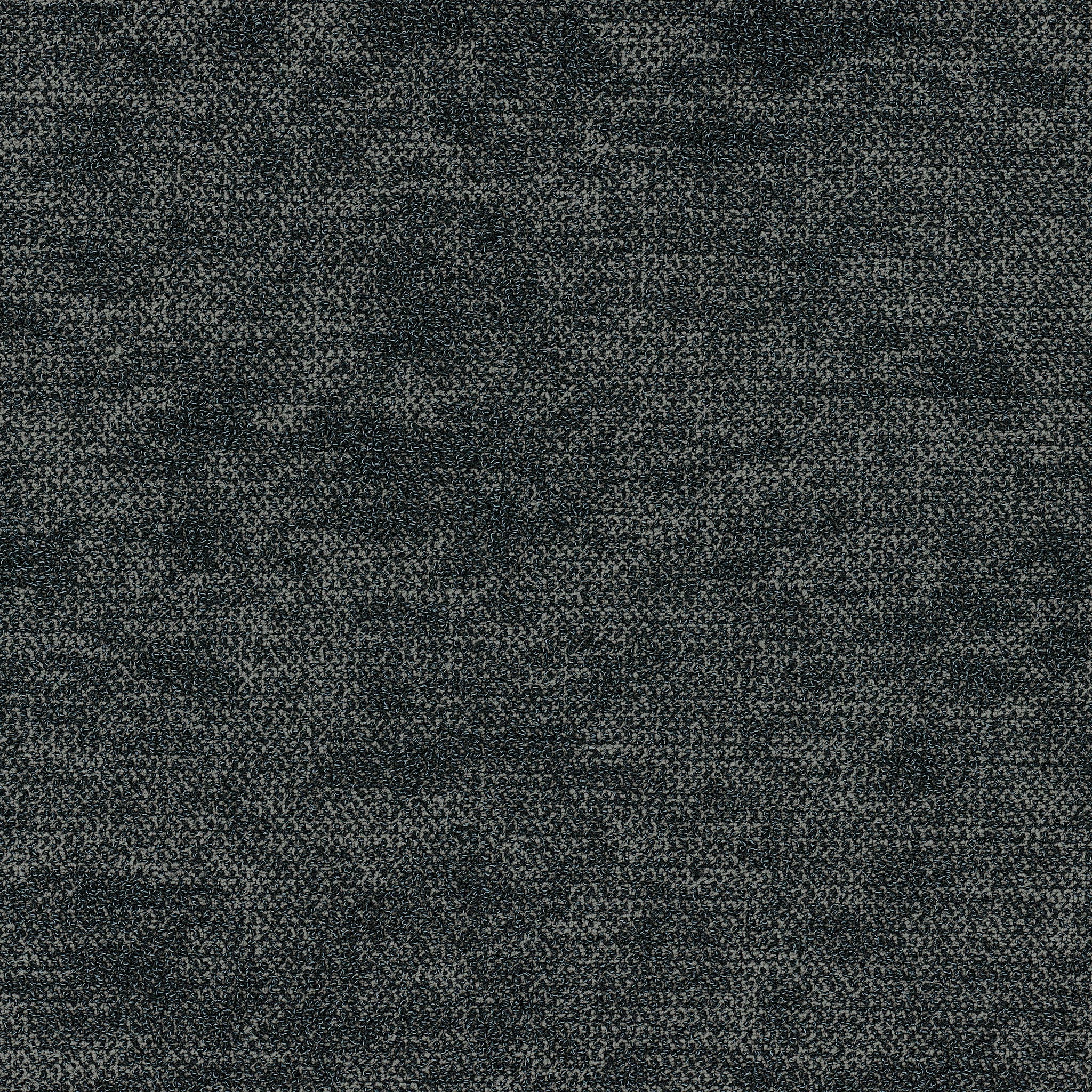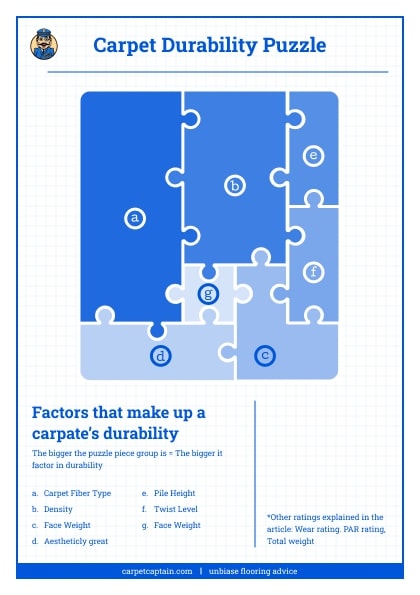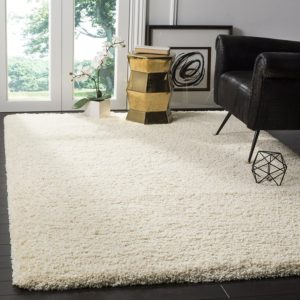If you can find every factor in a carpet s construction including the fiber type face weight twist and density you ll have a good idea of how the carpet was made and how long it s likely to last.
Carpet density kg m3.
Today we re going to talk about one of those.
If you take the carpet face weight number in ounces and multiply that by 36 then divide that number by carpet height you ll get the density.
A carpet density rating is one of the factors that determine how well your carpeting will perform.
Simply put carpet density numbers refer to how close together the fibers of your carpet are tufted into the backing.
Carpet density by itself doesn t tell you any more about a carpet s quality than a carpet s face weight.
There are many factors that tie into the quality and performance of a carpet whether you re buying it for residential or commercial purposes.
Face weight does come into play when you are calculating density however.
The density of a carpet is one of many factors that determine a carpet s quality and overall performance.
Here s a simple example.
To calculate carpet density it s a simple calculation of carpet face weight x 36 carpet pile height.
A high density carpet provides certain advantages compared to a low density carpet.
Face weight and density are two entirely different components when it comes to evaluating the.
It s all about context.
A carpet s density although many people use density and a related but.
Despite a common misconception carpet density and carpet face weight are not interchangeable terms that mean the same thing although face weight is one factor used to calculate density.
We explain what those are and why they matter.
Carpet with a 60 ounce face weight and a 75 inch pile height would.










